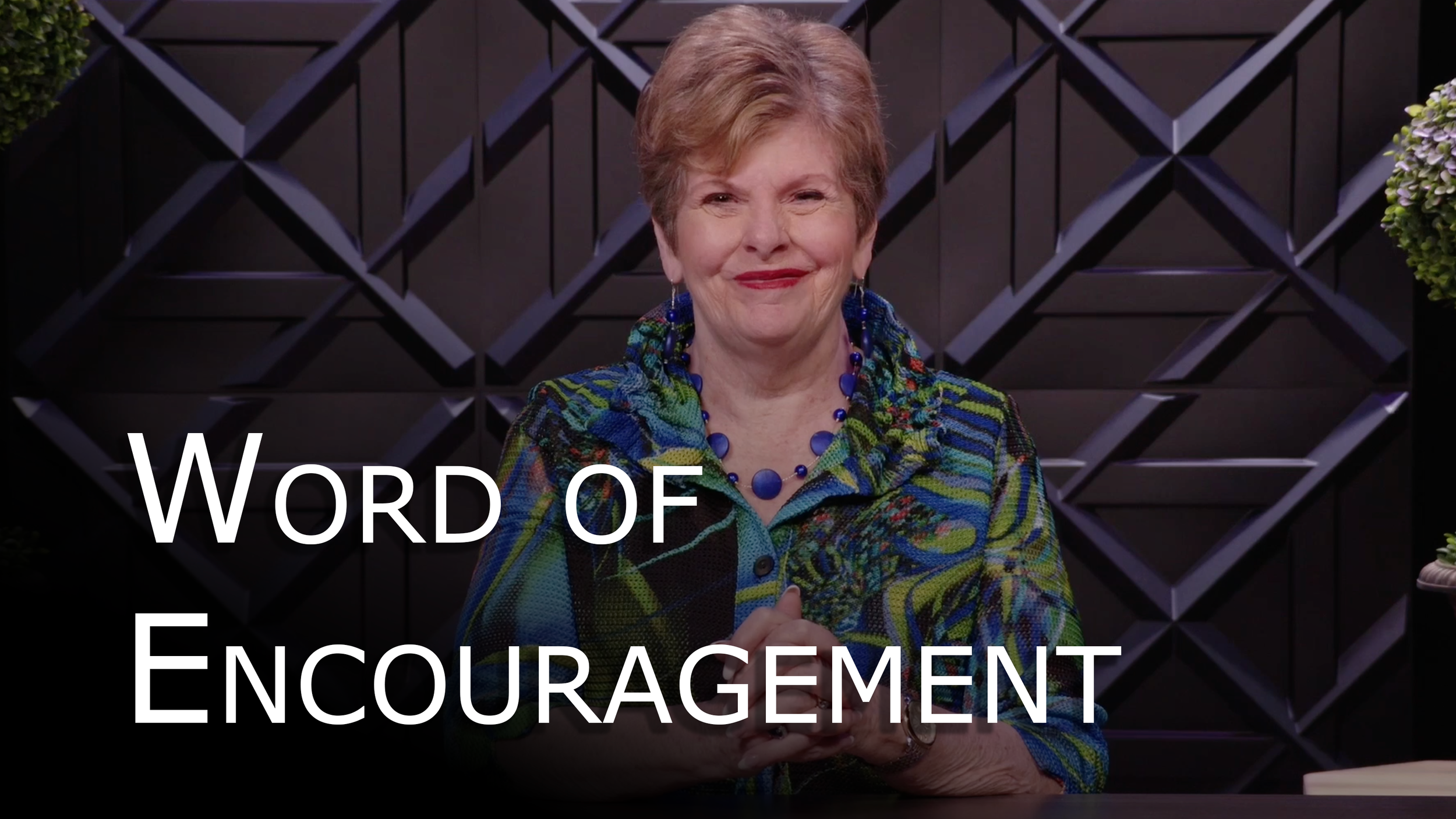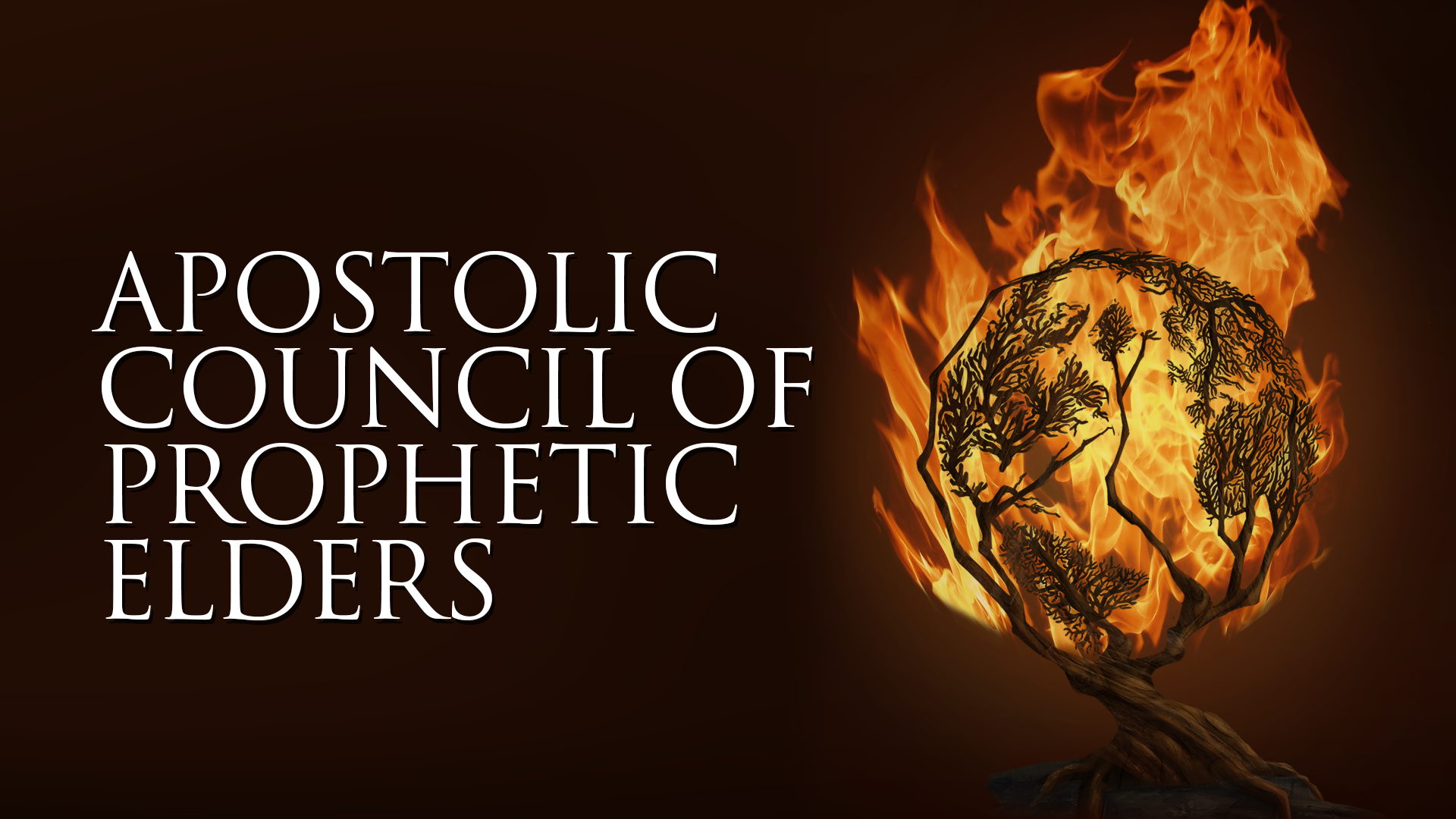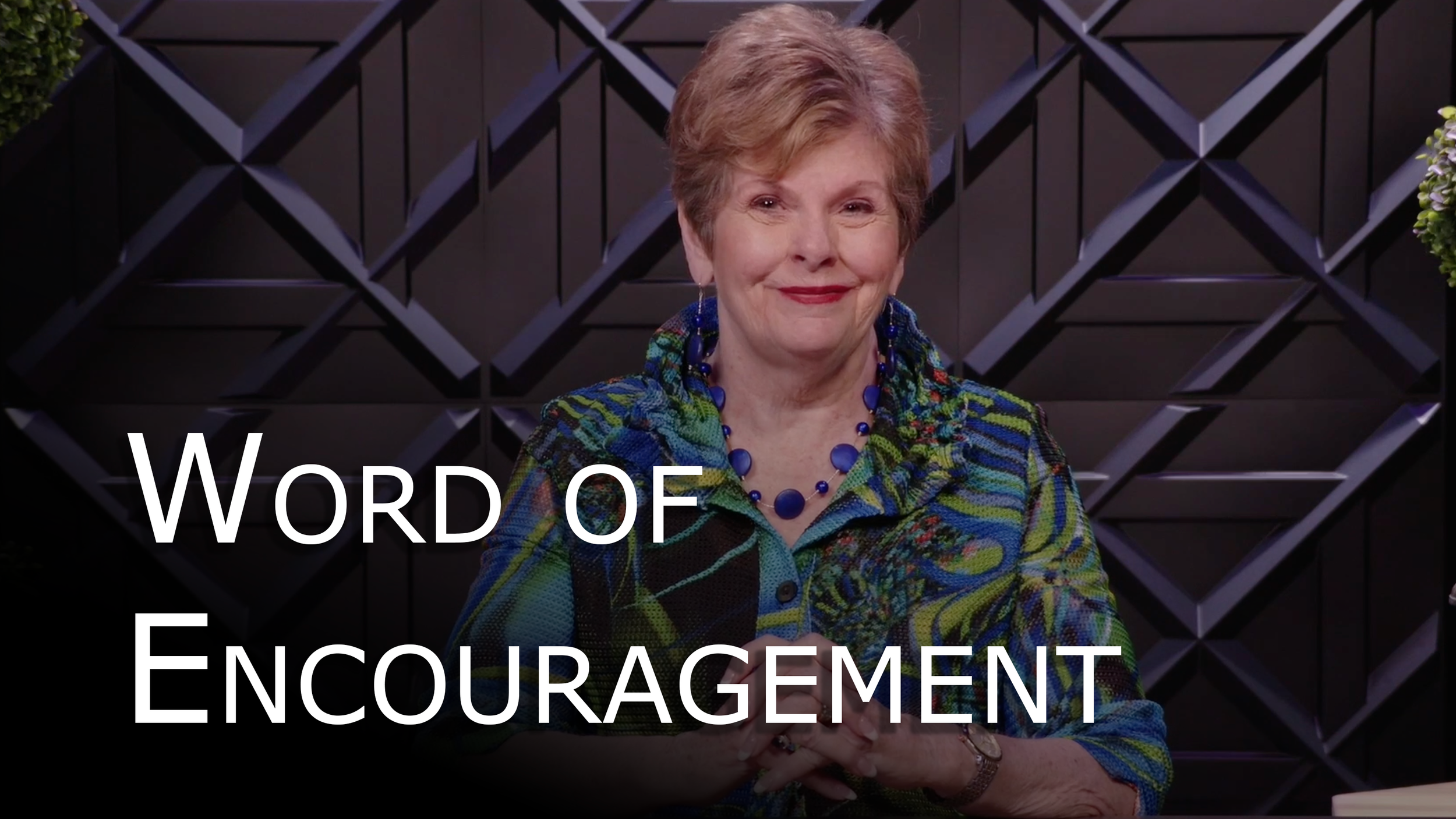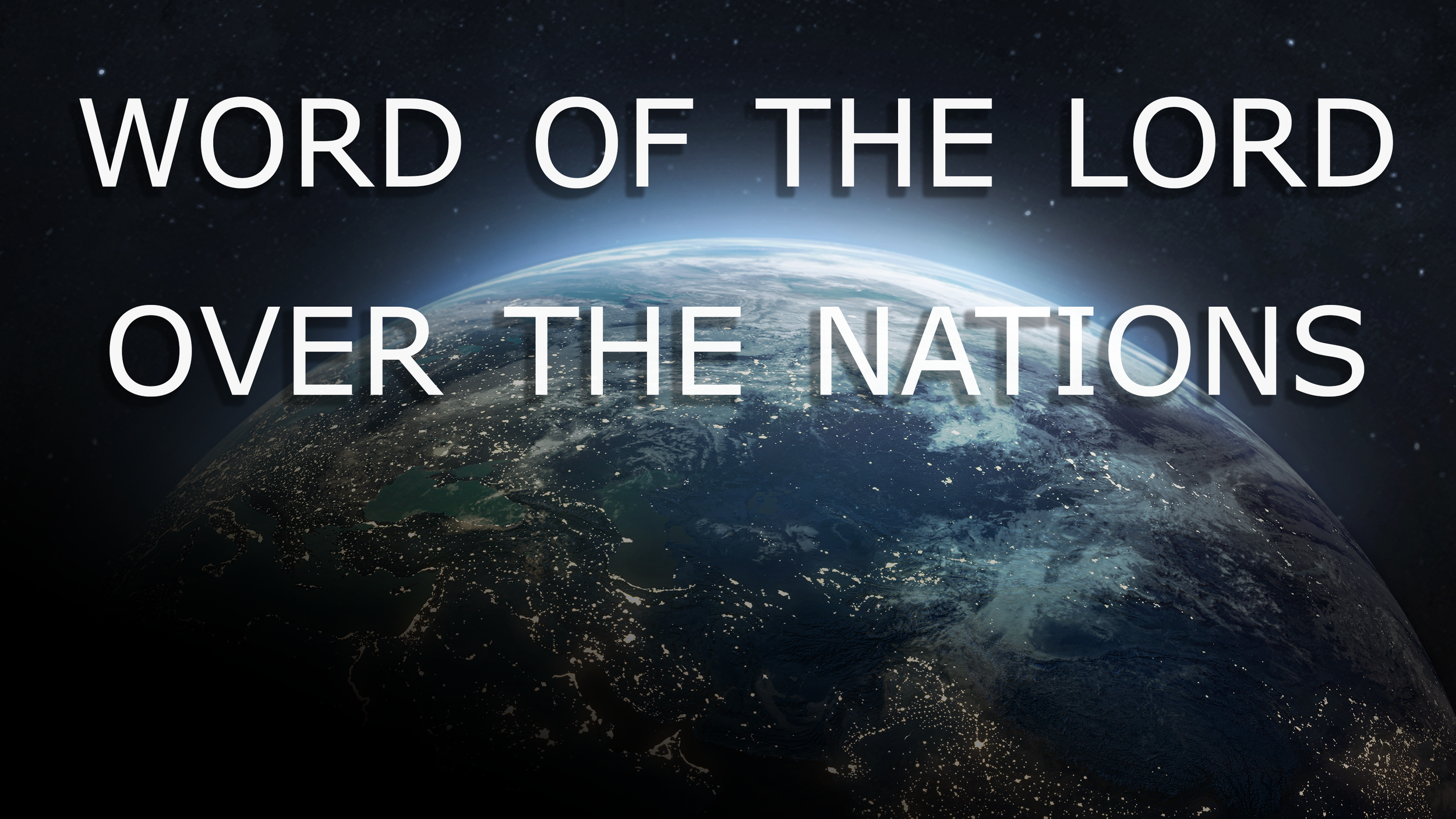The Word Made Flesh: Why It Matters
“Without question, this is the great mystery of our faith: Christ was revealed in a human body and vindicated by the Spirit. He was seen by angels and announced to the nations. He was believed in throughout the world and taken to heaven in glory.” -1 Timothy 3:16
Having traveled extensively around the world, I’ve had many opportunities to witness a number of different religions in practice. For example, in Panama I worked with an animistic tribe whose people manufacture small, wooden dolls and set them around their house to ward off evil spirits. In India, I experienced the chaos of Hinduism where an entire society is committed to going to great and insufferable lengths to honor millions of gods. In nations like Sri Lanka and Vietnam, where Buddhism is prevalent, I witnessed entire families sacrificing what little they had to their ancestors in fear that, if not appeased properly, they would be reincarnated in unfavorable ways.
All of this has caused me to come to the realization that Christianity truly is unique among other religions. You see, whereas most religions are deeply rooted in fear, following Christ is deeply rooted in His love (1 John 4:19). In other religions, appeasing a god is done to withhold his wrath, while faithfully obeying the God of the Bible is only truly possible within the context of a loving relationship with Him (John 14:15). And possibly the most important factor to understand when comparing Christianity to other faiths is that in no other religion does a deity willingly sacrifice himself for the salvation of his followers.
In a world where religion is a constant struggle of humanity attempting to reach towards a god (and failing miserably), we know that our salvation is only possible because Christ reached toward us, unlocking the chains of bondage that would otherwise condemn us to eternal separation from Him. How powerful!
By understanding this reality, we can truly call Christ by the name Emmanuel, God with us. He was humbly revealed to humanity in a physical body and has never left us! But what makes Jesus’ coming to earth in a body so important?
1. Without the incarnation of Christ, there would be no sacrifice.
As God is bound by His own law (which is something else wild to ponder), blood had to be spilled for the covering of the world’s sin. But not just any blood! Christ’s spilled blood was a once-and-for-all sacrifice that washed away the transgressions of humanity.
2. Without the sacrifice of Christ, there would be no resurrection.
I often wonder if it was difficult for Jesus to live in the world knowing He was God in the flesh. He was 100 percent God and 100 percent man, but never once abused His power as God. As a man, he was tempted, but did not sin. He performed signs, wonders, and miracles, not as God, but as a man upon whom the Holy Spirit poured out His power to do those things.
A moment was coming, however, when He would reveal His godliness to the world; through His resurrection, He proved Himself as God and justified His sacrifice on the cross.
3. Without the resurrection of Christ, there would be no salvation.
As the shed blood of Christ covered the sins of humanity, the resurrection of Christ defeated Satan and death, giving us unmerited access to eternal life. This is extremely important to understand because, without the resurrection, our faith would be futile and we would still be in our sins (as stated in 1 Corinthians 15:17). I encourage you to read and absorb 1 Corinthians 15:12-34, one of the most powerful passages relating to Christ’s resurrection.
My prayer is that when you refer to Jesus as Emmanuel, it would do more than elicit thoughts of a baby resting silently in a manger underneath the rough-hewn roof of a common stable. My hope is that it would cause you to worship a gloriously resurrected King who came to earth in physical body, willingly sacrificed Himself for the sins of His people, then defeated hell and death by rising from the dead, rendering our salvation complete!









